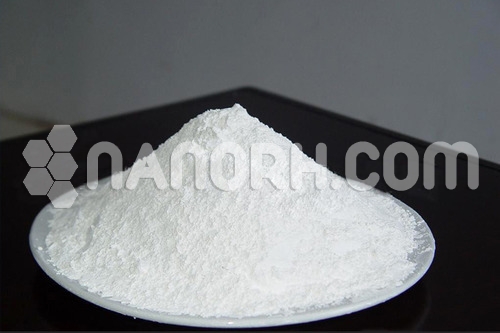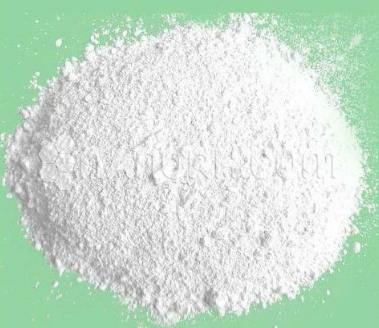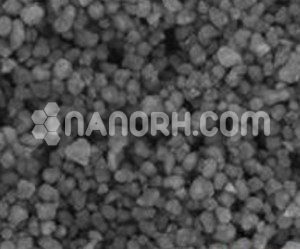| Lithium Fluoride Micropowder | |
| Product No | NRE-11151 |
| CAS No. | 7789-24-4 |
| Formula | LiF |
| APS | <40um (Can be Customized) |
| Purity | 99.9% |
| Color | White |
| Molecular Weight | 25.94 g/mol |
| Density | 2.6 g/cm3 |
| Melting Point | 845 °C |
| Boiling Point | 1676 °C |
Lithium Fluoride Micropowder
Lithium fluoride (LiF) is an inorganic compound with the chemical formula LiF. It is the lithium salt of hydrofluoric acid. Lithium fluoride is a white solid that is highly soluble in water and has a melting point of 845°C. This compound finds various applications in different fields due to its unique properties. Some of the applications of lithium fluoride powder include:
Nuclear Reactors: Lithium fluoride is used as a constituent in the molten salt mixture for the generation of nuclear power. It serves as a coolant and a carrier for the nuclear fuel.
Optical Coatings: Due to its high transparency in the vacuum ultraviolet range, lithium fluoride is used as a coating for lenses and other optical components. It is commonly used in spectroscopy and in the manufacture of specialized lenses.
Lithium-Ion Batteries: Although not as common as other lithium compounds in this application, lithium fluoride has been investigated for potential use in lithium batteries, including research into its use as a solid-state electrolyte.
Radiation Detection: Lithium fluoride is commonly used in thermoluminescent dosimeters, which are devices used to measure ionizing radiation. The compound absorbs radiation and emits light, allowing the measurement of the absorbed dose of radiation.
X-Ray Monochromators: Due to their ability to transmit X-rays, lithium fluoride is used as a material for X-ray monochromators in X-ray crystallography, as well as in X-ray spectrometry.
Spectroscopy: It is used in the spectroscopic analysis of organic and inorganic materials, particularly in the ultraviolet range.
Ceramics and Glass Manufacturing: Lithium fluoride is used in the production of ceramics and glass. It can act as a flux, reducing the melting point of glass and ceramics and helping to control viscosity.
Laser Crystals: Lithium fluoride is used as a host material for various laser crystals, such as thallium, lead, or uranium-doped crystals, used in solid-state lasers.
Specialized Chemical Synthesis: It is used as a source of fluoride ions in various chemical reactions and synthesis processes.




